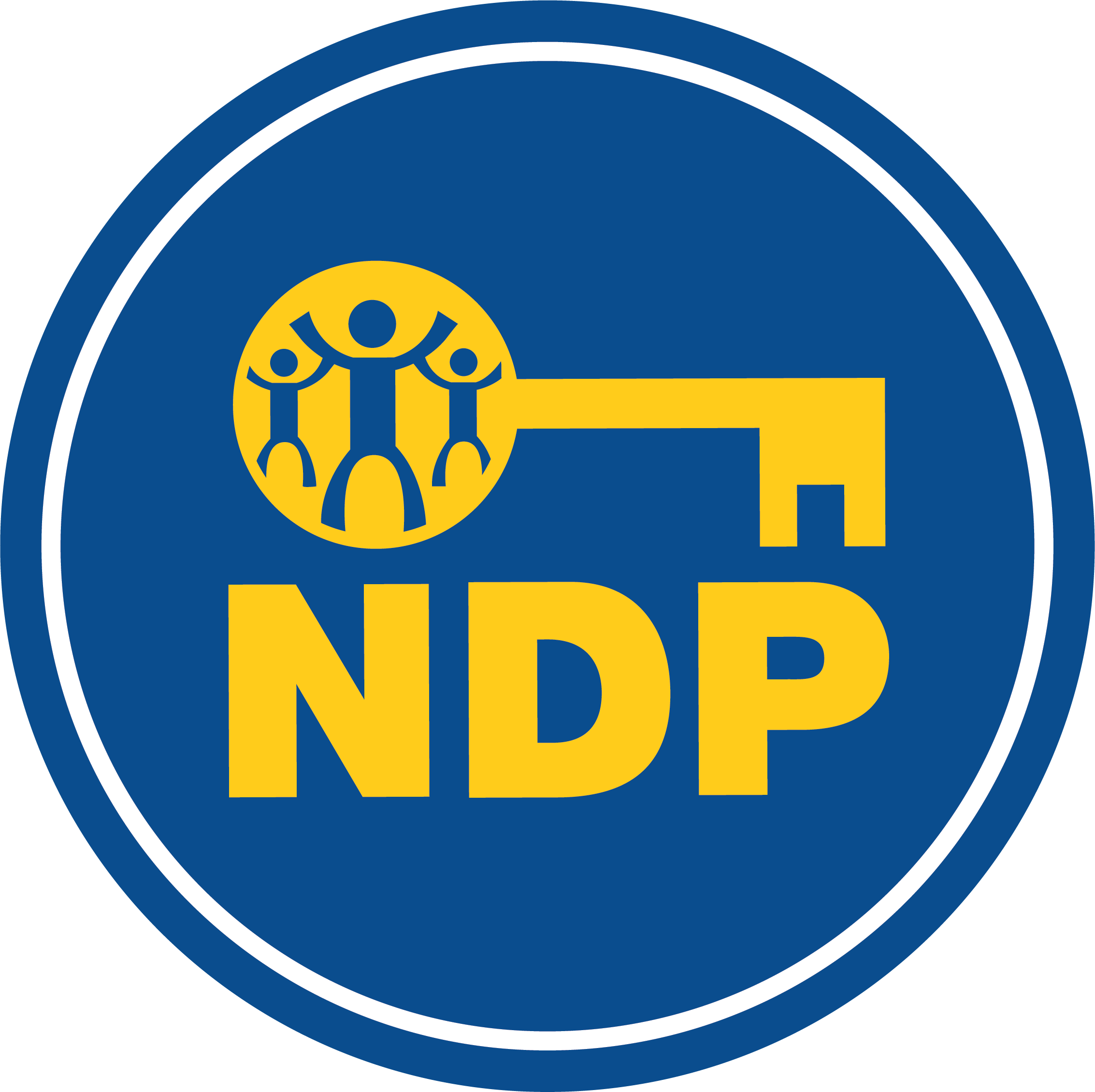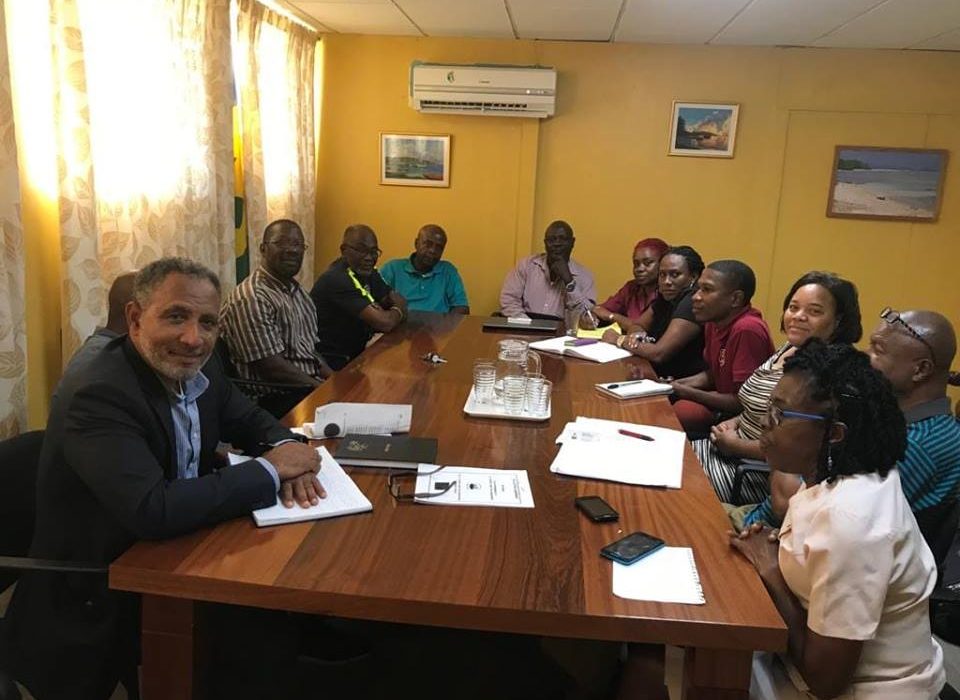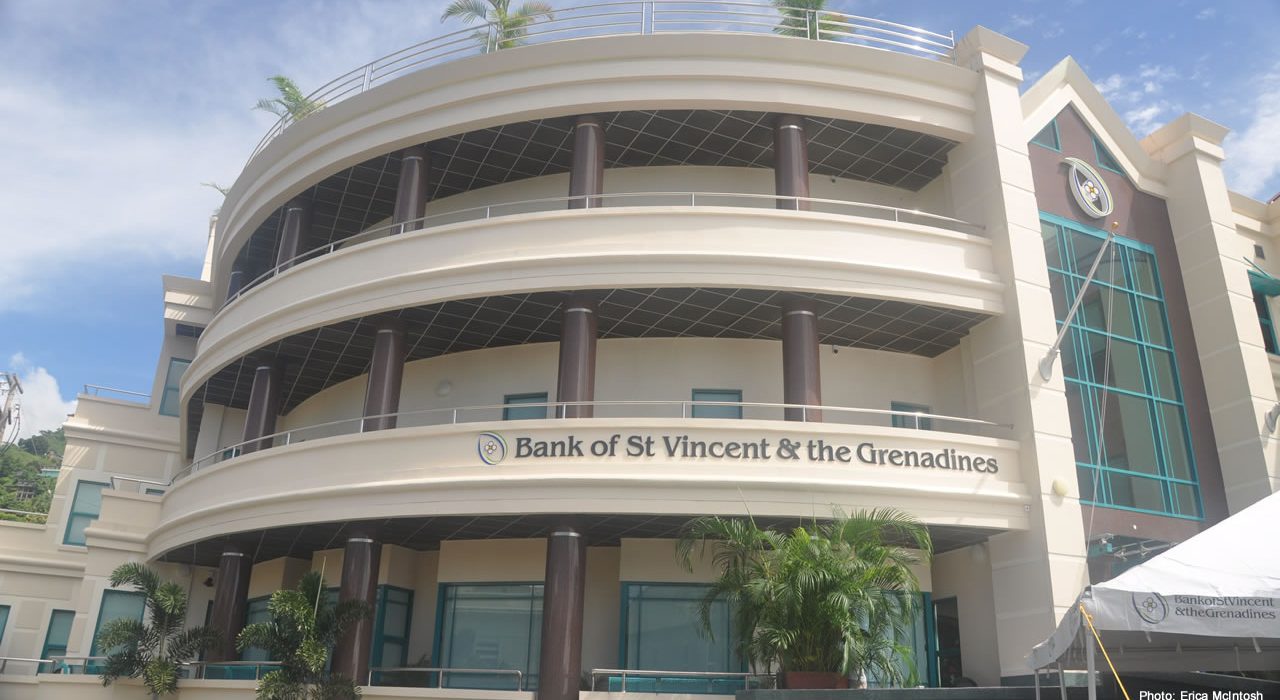What does Keith Mitchell “…just doesn’t get”?
NDP responds to Gonsalves’ statement to Dr Keith Mitchell on LIAT
We feel compelled to comment on the division in CARICOM that has once more resurfaced over LIAT. The differences emerged over statements made by Dr Keith Mitchell, host of the 38th Summit of Caribbean Community leaders, about the regional airline LIAT and Prime Minister of SVG, Dr Gonsalves, who is chairman of the shareholder’s governments. Dr Gonsalves was critical of Mitchell’s statement on LIAT, which he regarded as unfortunate and claims that Dr Mitchell “just doesn’t get it.”
But what really does Dr Mitchell “just doesn’t get”?
Dr Mitchell asked “how could LIAT thrive when, for example, a few months ago, literally overnight, LIAT cancelled one of its most lucrative routes to and from Grenada, without any consultation with the citizens or leadership of Grenada?…And it was based on politics. Colleagues, we have to do better as a region”. Prime Minister Mitchell might have been taking the opportunity to express his dissatisfaction with the cancellation of what is considered one of the more lucrative routes in and out of Grenada but what he has done is to give voice to the public’s concerns about LIAT being politically driven and about high cost of travel, with government taxes being to a large extent responsible for this.
Is Dr Mitchell the first person to speak out against “POLITICAL INTERFERENCE” in LIAT. James “Jim” Lynch, a Civil Aviation Consultant, said that the problems with the carrier emanate almost solely from politics and the long-term solution is to remove the politics.
Just last year Prime Minister Allan Chastanet of St Lucia said the same thing. So, what really does Prime Minister Dr Mitchell “just doesn’t get”? Chastanet went as far as saying that “there is too much political meddling in the regional airline,” and that “it was time that the shareholder governments took their hands off the carrier and allow it to operate on a strictly commercial basis.” Does Gonsalves get it?
Former president of the Barbados Bankers Association Horace Cobham (who himself had raised money to save LIAT from death) spoke of the POLITICAL MEDDLING. SO WHAT REALLY DOES Dr Mitchell “just doesn’t get?”
If not for political reasons, why would one cancel flights to what was considered one of its most lucrative routes?
If not politics, what could be the driving force behind the high cost of LIAT airfares?
If not political meddling what caused the taking away from a scheduled route to land LIAT and ULP acolytes at the then unfinished Argyle airport during the last election campaign of 2015? We all heard Gonsalves boast that if the opposition “humbug me, I will land a LIAT?” If such an act wasn’t a political decision, what was it?
If not POLITICS what could have given rise to the call to make LIAT an essential service?
The real question is, does Gonsalves “get it.” Does he get that it is not only Grenada that has said that it is not going to pump more money into LIAT until things changed? Does he “get” that he made those very statements last year when he said that he isn’t going to put one more red cent in LIAT if things don’t improve? Has Gonsalves gotten it that St Kitts also said that they aren’t going to invest in LIAT?
But what is it that Dr Mitchell “just doesn’t get” really? Is Gonsalves the only person endowed with a brain thus enabling him and him alone to “get it”? One remembers too well when he was asked by a seasoned Journalist about LIAT being a business, he on more than one occasion told the Journalist that she doesn’t know or that she doesn’t understand.
Is LIAT a business?. So I guess she doesn’t get it either.
What does all of this really say about Gonsalves – The fact that he “doesn’t get” that LIAT needs to be privatised. The fact that he cannot recognize that LIAT is failing under his leadership. Gonsalves in responding to Dr Mitchell, claimed that in 2001 SVG was the only government to respond to LIAT 40 million rights issue to get capital. His own statement is a clear demonstration that he “just doesn’t get it.” It was a drain on our country’s poor economy to preserve a LIAT monopoly beset by many problems that money just can’t solve. LIAT needs to look at privatisation.
This has become more evident since the start of operations by CAL and more recently the introduction of Trans Island Airways. These moves will bring more pressure on LIAT and the road ahead with the present arrangements point to more trouble for the company, especially since in our case it means breaking a monopoly enjoyed by LIAT.
We had, in a statement made on LIAT’s sixtieth anniversary pointed also to mismanagement as can be seen in the manner of the change over from the Dash 8 to the ATR and the failure to implement decisions, like that of relocating the headquarters of LIAT from Antigua to Barbados. The NDP said in 2016 that an NDP government would look carefully at implementing an open sky policy, forcing LIAT to compete and to lift its game if it is to continue to operate and serve the Caribbean public.
It has for long been clear to us that LIAT’s problems are more than monetary. As Dr Gonsalves himself said, LIAT has a lot of flaws and a lot of limitations. So, putting more money by calling on other governments to invest in LIAT which seems to be his approach does not appear to be the way to go. There will, of course, always be differences among CARICOM leaders, but the issue of regional travel and LIAT in particular, has been with us for some time and we need to put our houses in order on this matter. At a time when we strive to reach our goal of full implementation of the CSME and pledge to encourage more regional travel, cost is prohibitive and what is ironic is that it is cheaper and easier to fly out of the region. A 15 minute flight from SVG to St. Lucia, for instance, costs approximately US$ 300.
It is a clear indication that Gonsalves just don’t “get it.” Given the reluctance of other CARICOM leaders to pour money into the airline, it is clear that we can no longer continue the way we are going and need to look at alternatives, one of them being for him to answer the call by many that he relinquish the chairmanship of the Board.
This does not mean that overnight the problems of regional travel will disappear, but we are of the view that this is the best way to go. And perhaps there is some point to Dr Mitchell’s suggestion that governments can then subsidise flights to specific routes or destinations if a decision about privatisation is made.
The energy spent on trying to bring on board other governments to be part of the share-holding group should be spent trying to find other creative ways of addressing the LIAT issue. The preservation of the existing arrangement is doomed to continued failure and will remain a strain on our economies.
The issue of LIAT deserves to be in the public arena and politicians in the countries that are shareholders of LIAT need to pay more attention to public views on this matter. By voicing his disagreement publicly, Dr Mitchell might have done a good to the Caribbean public by, making it a talking point.









